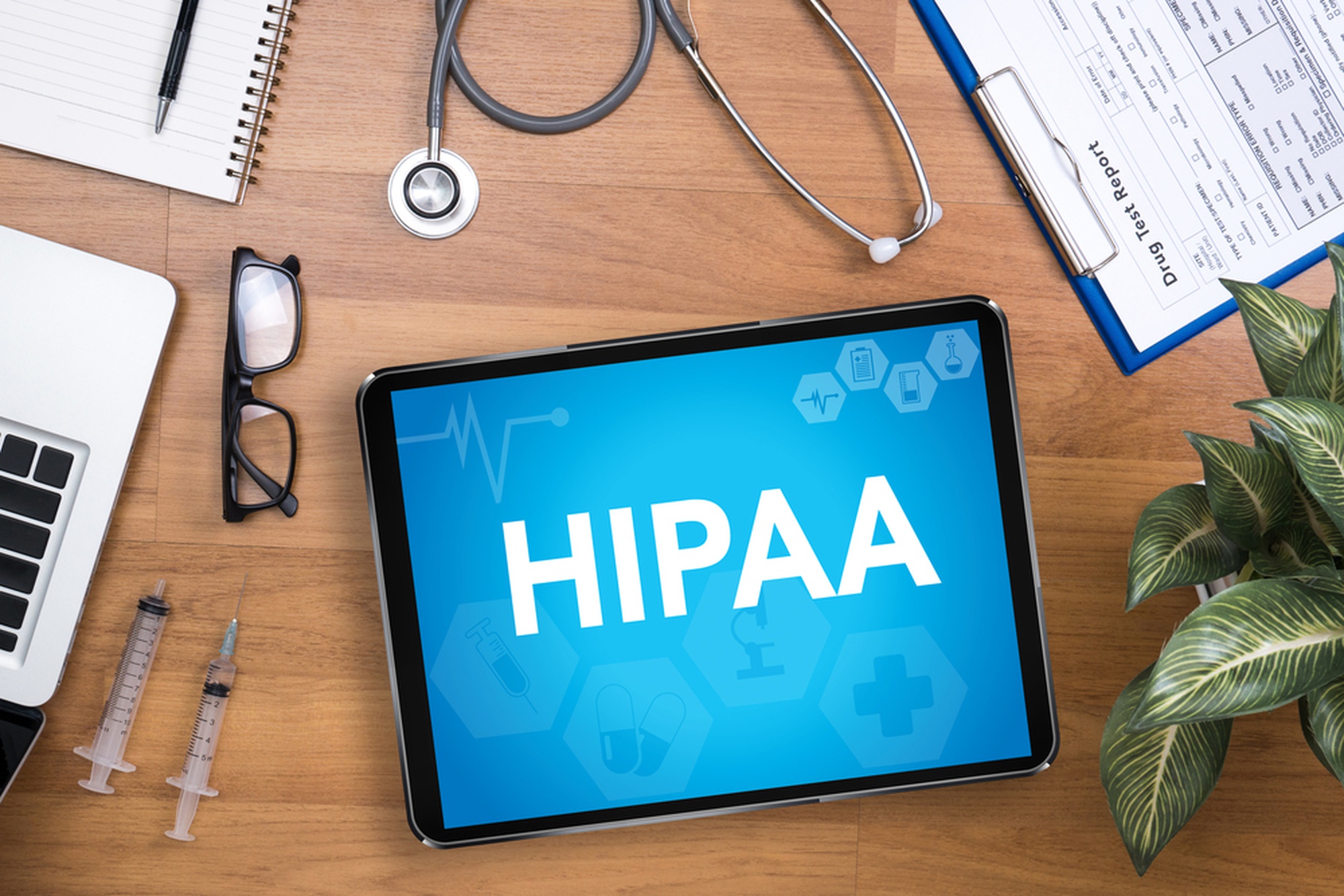If you’re a health care provider keeping up with HIPAA regulations is a crucial part of the daily operation. This federal legislation helps keep patient data safe and secure as well as giving people more access to their personal information. As technology advances rapidly it is essential to ensure that any new system you adopt adheres to the guidelines set out by HIPAA.

HIPAA compliance is complicated particularly for those who are trying to understand the meaning of HIPAA means and what it means for their business. Health care providers and those in the insurance industry for health care must make sure they are meeting the rules of HIPAA, even if they feel like they’re not fully aware of it. It is vital to thoroughly examine the regulations and make sure that the procedures are in place to remain compliant. While it can be a challenging task, following the law is vital. Compliance ensures improved service and protects data privacy with potential penalties avoided. Companies should understand HIPAA and take the necessary measures to ensure compliance with its regulations.
Although HIPAA’s regulations may be strict, the emphasis on proper privacy and security measures is intended to safeguard one of our most valuable items: information. The healthcare industry has increasingly transitioned to digital technology, such as Electronic Medical Records (EMR) more protections have become essential to stop any unnecessary or unauthorized release of patient’s personal information. Although guidelines have been put forth, compliance with these rules must be actively observed and enforced to ensure that individuals are protected. HIPAA continues to monitor these issues to ensure that patients to be secure and secure.
HIPAA provides an important safeguard for those in the medical industry and the patients whose data is stored. It allows covered entities (CEs) and business associates (BAs) the power decide whether they need to utilize an addressable implementation specification. The decision is made based on several aspects, including a risk assessment, mitigation strategies, and the existing security measures. It is also based on the expense of implementation. CEs and BAS are able to look at alternative options or decide to avoid implementing the measure in full due to their particular circumstances. HIPAA assists them in making informed decisions regarding data security and protection, and to strike a balance between technical security and control of the user.
HIPAA compliance is a major benefit to many organizations. By adhering to regulations set by the Health Insurance Portability and Accountability Act (HIPAA) the organizations are able to safeguard the health data of their clients, customers, or patients, making sure that it’s kept safe and safe. Compliance assures that the patient’s health information is used only for their own benefit and those of their health care providers. HIPAA compliance allows patients the opportunity to make informed choices about what information about their medical records is used and managed. Additionally, it allows them to rest assured that it won’t be accessed or modified by any other entities without their consent. Furthermore, HIPAA compliance mitigates reputational risk for organizations by making them less vulnerable to legal or financial ramifications resulting from mishandling patient data because of insufficient security measures. HIPAA compliance ensures that patients are provided with a pleasant experience and more secure their sensitive medical records.
In conclusion they are just a few of the many things you need to consider in the context of HIPAA compliance. One of the best ways to ensure that you are compliant is to be sure you have a good understanding of the law and speak with an expert who can help you determine its meaning and implement the proper systems and procedures in place. Achieving full compliance can seem overwhelming, however it is crucial for protecting your patient’s rights and ensuring the privacy of their medical records.
For more information, click hitech subtitles